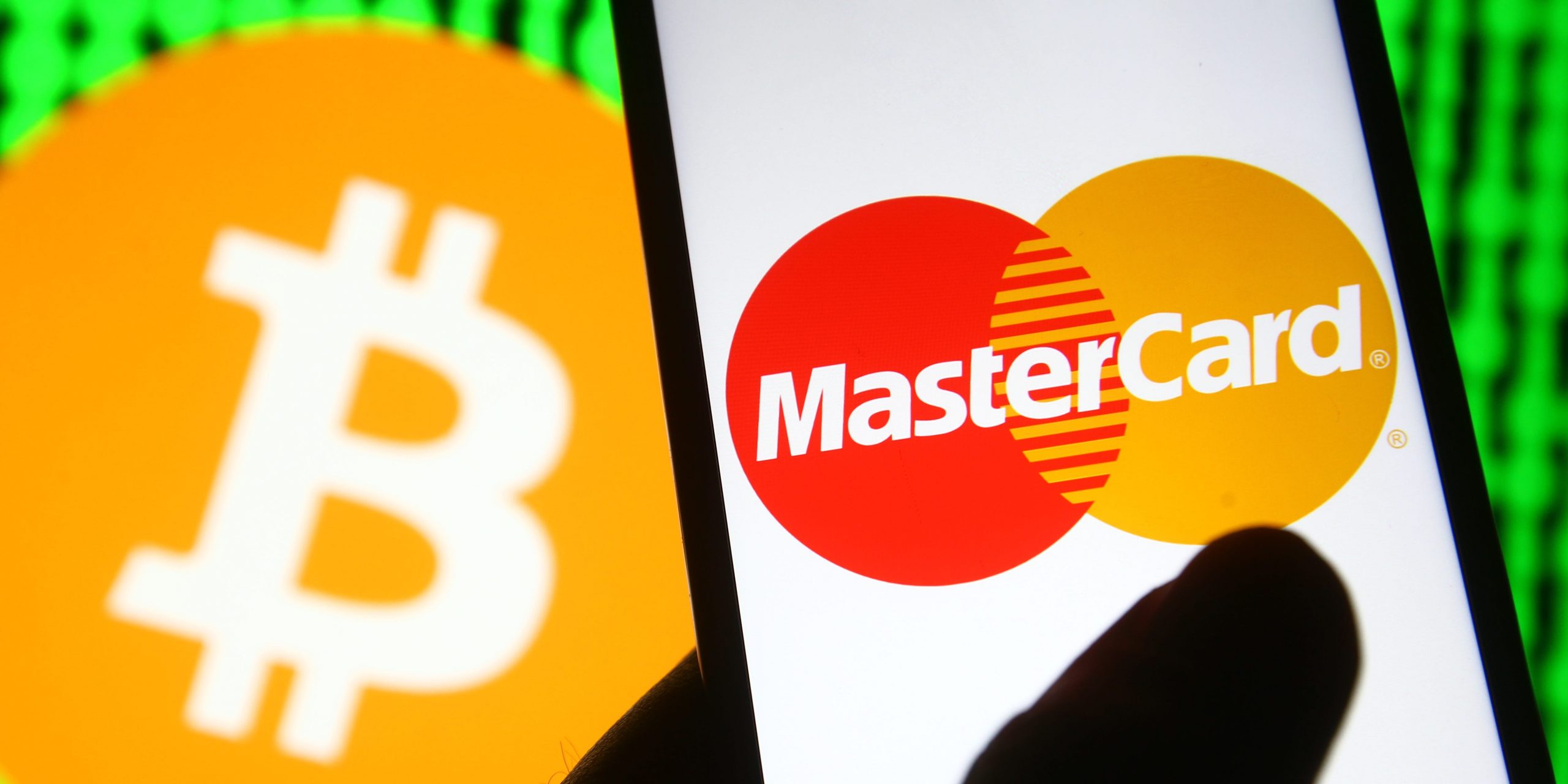
- Mastercard and Gemini announced they are partnering to launch a crypto rewards credit card this summer.
- The scheme will allow clients to earn up to 3% in cryptocurrencies depending on their purchase.
- The rewards will be automatically deposited in the cardholder's Gemini account in real time.
- Sign up here for our daily newsletter, 10 Things Before the Opening Bell
Mastercard and cryptocurrency exchange Gemini announced a partnership on Tuesday in launching a cryptocurrency rewards credit card this summer.
"Mastercard continues to evolve and meet both industry and consumer demands and commit to the crypto space," Tyler Winklevoss, CEO of Gemini, said in a statement. "We're excited to partner with them on our first real-time crypto rewards card, further helping to bring crypto mainstream."
The partnership will allow clients to earn up to 3% in bitcoin or any of the 30 other cryptocurrencies Gemini carries depending on their purchase. For instance, cardholders will earn up to 3% back for dining and 2% back for groceries.
"As consumers go about spending in various acceptance locations, now they get a chance to earn reward in the form of crypto," Raj Dhamodharan, Mastercard's head of digital assets and blockchain products & partnerships, said.
The digital currency rewards will be automatically deposited in the cardholder's Gemini account, real-time. This way, cardholders will have full control over their rewards, the cryptocurrency exchange founded in 2014 said.
This scheme builds on Gemini's existing credit card which was launched in January 2021.
The card will launch this summer. More than 140,000 people are already on the waitlist, the company said. The card will be available in all 50 states and can be used wherever Mastercard is accepted.
Other payment giants including Visa and PayPal have also tested the crypto-linked options for customers.
Bitcoin on Tuesday rebounded back above $55,000 from two-month lows. It hit an all-time record above $64,000 earlier in April. The cryptocurrency has surged 600% over the last year amid major institutional interest as it slowly paves its way into mainstream adoption.
